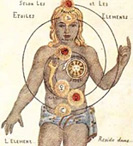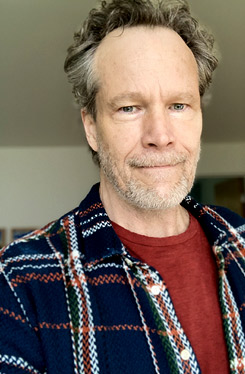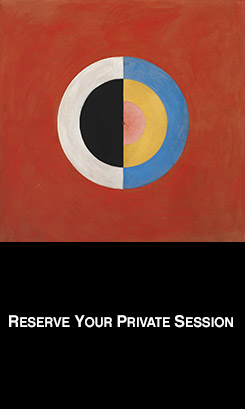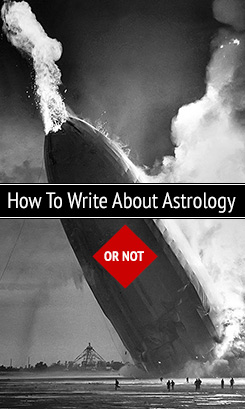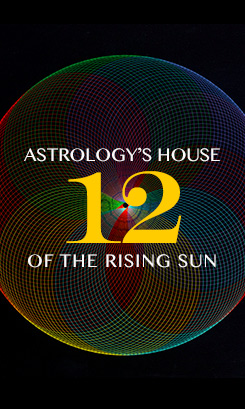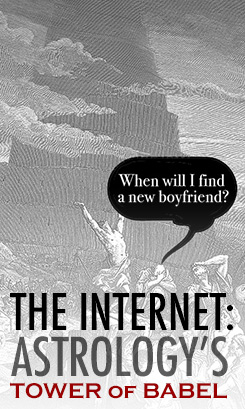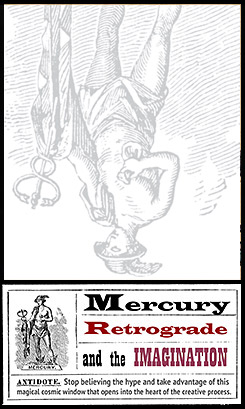American Dada: Some Suggestions to Consider
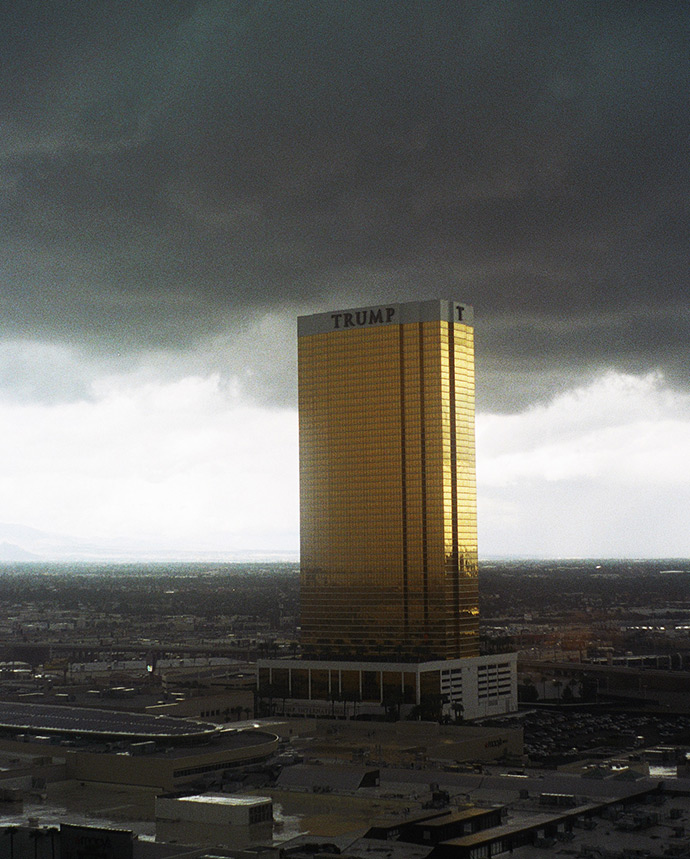
Who could possibly want to read another take-apart or close reading of the 2016 presidential election? Not me. And yet…
Rather than opinionate I’ve tried to cull some out-of-the-loop views to consider, punctuated with some random insights. So I’ll just toss these out there like bird seed. Peck at what you like and leave the rest. And if you skip the whole thing, well, who could blame you?
• The nature of reality is that it will not be cornered or tracked or predicted; in the same way that a dream you have at night — free from your ego’s edits and preferences — is a wild card narrative unfurling beneath your closed eyes. Reality and dream — only our waking state appears to separate them.
The Internet has taken the entire contents of the collective unconsciousness and the savage qualities of the id, and placed the amalgam at our beck and call, on phones and monitors across the globe. This is a form of dream overload.
Anytime you have a screen of any sort (be it your iPhone’s or your desktop computer’s) you’ll have a projected dream moving across it, right there in front of your face. And we have been trained for this response; first by cinema and then by television — though now we are participants, content creators, Tweeters, bloviators, in the dream narrative that shimmies and glows everywhere on our devices.
We are tethered to them in a symbiotic loop cycle, always tapping and poking the images and the data forward. Everywhere I go now it’s people shuffling about with their heads tilted down and scanning, scanning, scanning their phones for the latest tidbit or section from the collective dream field.
The dream bubble most liberals and Democrats floated within depicted a new world, with the first female president and all that was wonderful with a Clintonian dynasty redux. And the dream bubble of the GOP and its advocates was, of course, completely polarized from the other. The dynamism of life is continually oscillating and pulling the rug out from us — it just burns more when we’re the particular group experiencing the yanking. The collective dream field of the two factions never allowed for intersection or integration — the victor of this malfunction was Trump. And so here we are.
• A good way to actually integrate your experience of the past week is to view the entire event as a happening within a dream narrative. Imagine you went to bed and had this particular dream. What does it tell you about yourself? I don’t mean this to be a navel-gazing experiment, but an actual process of gaining insight to shadow parts of the psyche. Why? Because most of that regressed material is usually projected out onto what is perceived as the enemy or the tyrant or the monster or ogre — and, wow, with The Donald, we seem to be getting the entire package of horrors. Or are we?
What if our projections actually feed into the monstrous narrative that we’re terrified of? What if like Dave Chappelle offered in his opening monolouge on SNL, we gave Trump a chance, wished him luck and waited a bit to see if he can do a good job? How hubristic is it to assume we know exactly what’s to come (and many of us are acting that way)? It’s sort of embarassing, especially after what you’d think would be the humbling aftereffects of the election.
What if you settled into the notion that Trump is a human being like you are, with a heart, and longings, and wishes — a complex psychological history that feeds into his fear of being a failure and doing a bad job? Can’t we all relate to these qualities? What would happen I wonder if we each held this upcoming period in abeyance, supported by good wishes? I’ve been playing with this notion when I wake up in the morning and feel as tho someone has stomped on my head. It’s an interesting experiment in thought projection. Play around with it.
• “Life happens too fast for you ever to think about it. If you could just persuade people of this, but they insist on amassing information.” — Kurt Vonnegut
Here’s a ‘real’ world issue: The endless glut of news and opinion that’s vomited out of computer monitors worldwide has eroded our ability to think for ourselves.
To attempt to manage and metabolize the spew of data, updates, breaking stories, scandals, Wiki dumps, investigative exposes isn’t humanly possible. In fact, it’s fucking crazy-making.
Worse is the inability to know what is factual and what is fiction. This later predicament has grown exponentially throughout the year. And social media is the main culprit.
Forty-four percent of Americans get their news from Facebook, according to the Pew Research Center, filling a void left by the declining ranks of newspapers. By comparison, only 2 in 10 U.S. adults get news from print newspapers today. Facebook vets nothing and Mark Zuckerberg is groaningly disingenuous when he said: “Voters make decisions based on their lived experience.” Right, Mark. And many people are actually living their online life locked completely within Facebook’s echo chamber and gated community.
• Something I’ve suggested to a lot of friends and folks writing to me since Election Day: Round up a copy of the Masterpiece Theater miniseries I Claudius. (Or search for the production on Youtube, I think the entire series is posted up there.)
Situations like the ascendancy of Donald Trump have occurred since the dawn of time, in various permutations — though the 1976 mini-series based on Robert Graves‘s book, gives you a decidedly Western version of the wild ruptures within politics: The backroom games, shadow government, the Mafia-like forces that corrupt and poison, the descent of greatness and ascent of madness.
Much of this has to do with what Nietzsche wrote: “Insanity in individuals is something rare — but in groups, parties, nations and epochs, it is the rule.” The point being, grasping the concept that when it comes to mobs of people very little ever changes. Individuals have opportunities to evolve, but socio-cultural evolution is glacial at best. I Claudius demonstrates that ‘interesting times’ are always happening. Yes, some phases are more devastating than others, but always this predicament haunts human beings attempting to govern themselves. We are incredibly slow learners. We need to face that.
• If our sense of personal well-being is tethered in its entirety to what is happening politically, well, there’s going to be a lot of exacerbated suffering as the geopolitical world continues onward like a runaway train. See my various articles on the generation-shifting Uranus Pluto square.
I’m not advocating passivity or indifference, but politics, especially in America, has supplanted the spiritual instinct and this doesn’t bode well for sanity. When the metaphysical view is censored, we have the depressing, runaway advance of scientism, literalism and the soul-killing weight of the mundane which can grind us down into mush.
Don’t you think we need to incorporate a bit more of the transcendent into life, to better understand and be at peace with the time and place we are born into? If my entire existence is married to what’s happening within government I’m at a tremendous disadvantage regarding manipulation and the furtherance of a master/slave mindset. It’s an open invitation for disconnection and disaster. Seek balance.
• Rethink how social media is coloring the narrative, yours and everyone else’s. We have lost the ability to have discussions with one another, especially should we be located in opposite camps.
In order to keep its snaky tendrils entwined within your life, social media needs to make sure you feel comfortable, unchallenged, and ‘liked’ by your peer group. This creates an echo chamber and dumbing down by attrition.
When you think about it, whatever sort of trauma you experienced in high school is all brought back in high relief when you’re engaged with Facebook. Who likes who? What clique is more popular than another? Who ‘defriended’ who? Who didn’t get asked to the prom? And who has more ‘friends’?
Studies note that Facebook fosters intense envy and depression in some people, and I’d venture to guess those folks suffered through horrid high school years.
So rethink what’s literally happening, neurologically, when you’re on a social network and then start to go deeper, see how ‘unreal’ the phenomenon is.
You are not in the physical presence of other human beings, you are dealing with people who have fashioned a particular image and facade and so you’re dealing with a fragment or facet of someone, which is very different from the total person. And that is unreal.
I mean, unreal as opposed to the sense of reality you have when you are physically present with someone. Then there is body language, there is sound and sight and scent, and the fullness of one’s consciousness can interact and interpret and suss out what is happening with the other person and vice versa. We are generally kinder towards people when we are with them in person. The ability to hide behind fake personas online, or outright anonymity, has siphoned up the worst aspects of the id.
• Realize you are going to die and that you have limited time on the planet and then take a guess at what the time trajectory is going to be (what remains for you) and then divide up that timeline into how much you want to experience life ‘on the cloud’ and how much you want to spend with family, loved ones, animals and nature. This sounds simplistic but I promise you when you start to tally up how long you spend tethered to your phone, computer, television and streaming networks you will most likely be horrified. Sorry, to dump another shock into your basket of deplorables, but someone had to break it to you.






